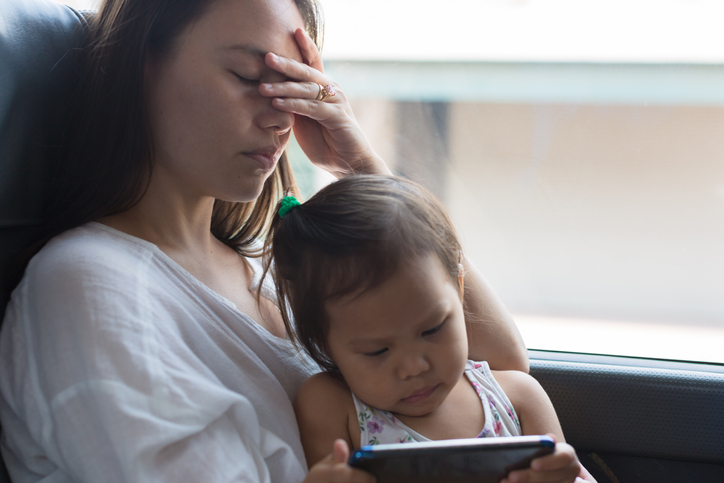Living with Chronic Pain
Dealing With Guilt as a Parent With Chronic Pain
Source: Everyday Health

4 people found this helpful
Print
Share
Save
Many parents with chronic pain experience guilt due to how their condition affects their relationship with their children. They may feel guilty when they have to say “no” to an activity or for needing help with things that other parents can do without a problem. Sometimes, particularly painful days may cause them to feel irritable or crabby, which inevitably causes them to feel remorse.
However, there are some things a parent with chronic pain can do to reduce and manage guilty feelings. The following tips can help reduce parenting guilt and actually strengthen the parent-child relationship:
- Focus on being present, not perfect. It’s impossible to be a perfect parent and always say “yes” to your children. Being present and connecting with your children, such as chatting after school or watching a movie together on the couch, is of paramount importance.
- Prioritize important events. If a band concert, soccer game, or some other event is important to your child, you should make an effort to prioritize that activity. It may not be possible to be present at every soccer practice, but it may be possible to attend games. On the day of an important event, the laundry might not get done and dinner might be take-out instead of a home-cooked meal, but saving your energy makes it more feasible to attend the important activity. Asking your children which events or activities are most important to them can help with prioritization.
- Find creative solutions. If pain levels prevent your attendance at an important event, checking if the event can be live streamed or having someone record it so you can watch it later with your child are alternative solutions. If you feel guilty about household chores that you can no longer do, such as cooking or cleaning, you may want to consider hiring a cleaning service or using a meal delivery service.
- Use the opportunity to teach life lessons. Facing challenges, pulling together in times of adversity, and finding the good in tough situations are important life skills you can teach your children. Children of a parent with chronic pain may also learn to be more compassionate, empathetic, and accepting of others. Focusing on the positive lessons children are learning can help ease guilty feelings.
- Remember that you are modeling healthy self-care for your children. Taking time to rest or asking for help when needed are important parts of self-care. Modeling these behaviors shows your child that it is not necessary to “push through” pain or illness, which can be a harmful lesson for them.
Additional resources: The Mighty and The Health Sessions


















